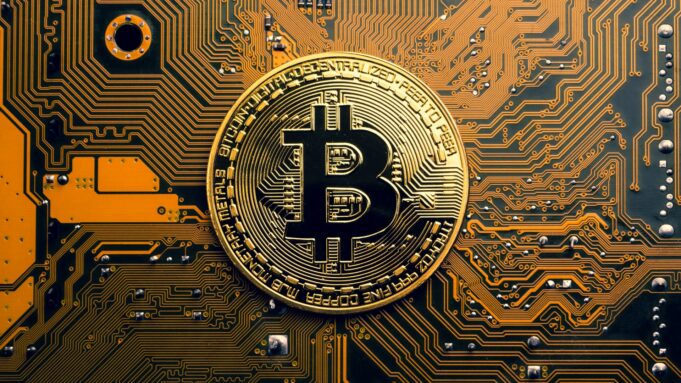Bitcoin is a decentralized digital currency that operates on a blockchain network. It allows for secure and instant peer-to-peer transactions without the need for intermediaries such as banks. The blockchain network is maintained by a network of nodes that verify and record transactions on the blockchain. These nodes are incentivized by block rewards, which are given to miners for solving complex mathematical problems that facilitate transaction confirmation. In this article, we will discuss the impact of block rewards on Bitcoin’s transaction confirmation times.
Block Rewards
Block rewards are the incentives given to miners for verifying transactions and adding them to the blockchain. These rewards are paid in Bitcoin and are currently set at 6.25 BTC per block. The block rewards are halved every 210,000 blocks, which occurs approximately every four years. This is known as the halving event, and it is designed to control the supply of Bitcoin and prevent inflation.
The process of mining is essential to the Bitcoin network as it ensures the security and integrity of transactions. Miners use specialized hardware to solve complex mathematical problems that verify transactions and add them to the blockchain. This process requires a significant amount of computational power and energy, making it expensive and time-consuming. The block rewards incentivize miners to provide the computational power required to maintain the blockchain network.
Transaction Confirmation
Transaction confirmation is the process of validating a transaction and adding it to the blockchain. When a user sends Bitcoin, the transaction is broadcast to the network and is picked up by nodes. These nodes verify the transaction and add it to a pool of unconfirmed transactions known as the mempool. Miners then select transactions from the mempool and include them in the next block of transactions to be added to the blockchain.
The time it takes for a transaction to be confirmed varies depending on several factors. These factors include the size of the transaction, the level of network activity, and the transaction fee paid by the user. Transactions with higher fees are prioritized by miners as they are incentivized to select transactions with higher fees due to the block rewards.
The Impact of Block Rewards on Transaction Confirmation Times
The block rewards have a significant impact on transaction confirmation times. As the block rewards decrease, miners are incentivized to prioritize transactions with higher fees. This leads to higher transaction fees as users compete to have their transactions included in the next block. The higher transaction fees incentivize miners to include these transactions in the next block, leading to faster transaction confirmation times.
The halving event has a significant impact on transaction confirmation times. During the halving event, the block rewards are reduced by half. This leads to a decrease in the number of miners as the rewards are no longer profitable for some miners. This decrease in the number of miners leads to a decrease in the computational power of the network, which results in slower transaction confirmation times.
The halving event also leads to an increase in transaction fees as users compete to have their transactions included in the next block. This increase in transaction fees further incentivizes miners to prioritize transactions with higher fees, leading to faster confirmation times for high fee transactions.
The Impact of Network Activity on Transaction Confirmation Times
The level of network activity also has a significant impact on transaction confirmation times. When the network is congested, the mempool becomes full, and transactions take longer to be confirmed. This is because miners prioritize transactions with higher fees, and users are forced to pay higher fees to have their transactions included in the next block.
During times of high network activity, users may experience significant delays in transaction confirmation times, and transaction fees may increase significantly. This can make Bitcoin transactions less attractive to users who require instant and low-cost transactions.
Conclusion
In conclusion, block rewards have a significant impact on Bitcoin’s transaction confirmation times. The block rewards incentivize miners to prioritize transactions with higher fees, leading to faster confirmation times for high fee transactions. The halving event has a significant impact on transaction confirmation times as it leads to a decrease in the number of miners and an increase in transaction fees. The level of network activity also has a significant impact on transaction confirmation times, and users may experience significant delays in transaction confirmation times during times of high network activity.

























